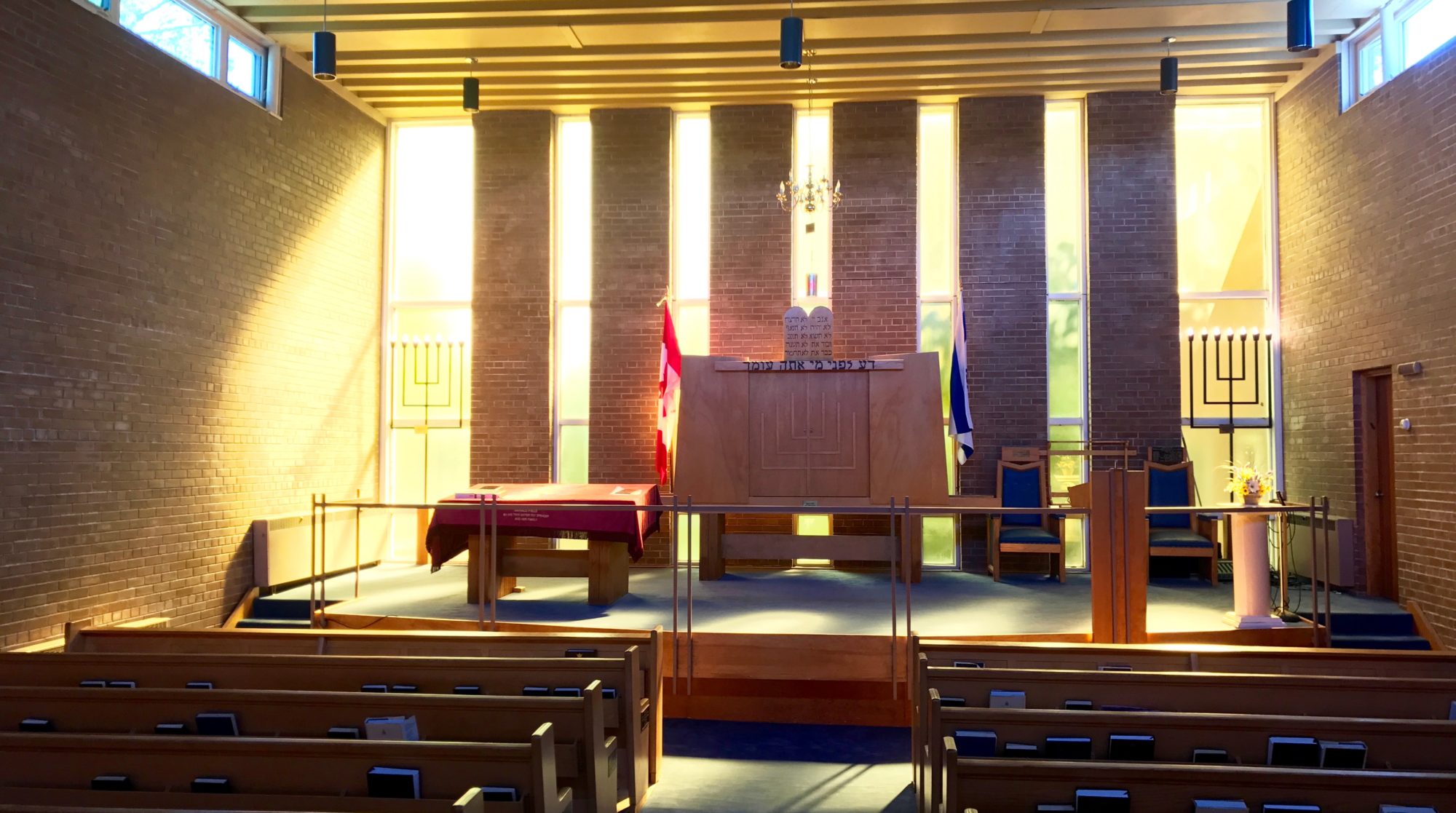The last embers of Sovereignty
The fast of Gedaliah
by Jacques Abourbih
In his most famous philosophical book, “I and Thou”, published in 1923, Martin Buber focuses on what makes an authentic relationship. Its key concept is a dialogue that involves the concrete circumstances of two participants and assumes their interchange has the presence of G-d as its foundational relation. This essay is about Buber’s “I and Thou” model of dialogue. However, this time it is a dialogue with oneself; and it is about what it means to be Jewish before G-d today.
Gedaliah ben Achikam is a not a household name. Yet Gedaliah has an enormous symbolic meaning in Jewish history. So much so, that our Rabbis declare the day after Rosh Hashanah a day of fast commemorating the death of Gedaliah.
So, who is that Gedaliah exactly? More importantly, what relevance does his story have for us in the 21st century?
He is a governor of Judea who is murder something like 2500 years ago. After the destruction of the First Temple, the majority of the Jewish people are exiled to Babylon. The conqueror, Nebuchadnezzar, eventually eases some of his harsh restrictions and allows some Jews to remain in the Land of Israel. He even appoints a respected member of the Jewish community, a Jew named Gedaliah to administrate the territory. Gradually, more Jews who have escaped from the horrors of the war into neighboring countries begin to return to their homes in Israel.
Gedaliah is realistic about the limitations of Jewish sovereignty. He understands that for their own self-preservation, the Jews in Israel need to work with the authorities of the nation who have conquered the land.
However, this modus vivandi is intolerable to some Jews. A man named Yishmael ben Netaniah, spurred on by jealousy and foreign influence, ignores the King of Babylon. On the third of Tishrei, Yishmael treacherously kills Gedalia as well as many other Jews and Babylonians.
By all measures, the murder of one more or one less governor or king in history is insignificant. Yet, what makes this banal event so momentous that we commemorate it with a fast?
In the aftermath of Gedalia’s murder, the Jews feared reprisal from the King of Babylon. Many think of fleeing to Egypt – a move akin to jumping from the frying pan into to the fire. They turn to the prophet Yermiahu (Jeremiah) who had secluded himself in deep mourning following the tragedies that befell our people.
For an entire week, Jeremiah pleads with God for an answer. Finally, on Yom Kippur, G-d answers. Jeremiah reveals G-d’s will for the Jews to stay in Israel. G-d’s plans to make the Babylonians act mercifully toward the Jews, and before long, all the exiled Jews would be permitted to return to their own soil. However, Jeremiah continues on, if the Jews decide to flee to Egypt, the sword from which they are running would eventually find them there.
Unfortunately, the prophet’s words do not penetrate, and the people refuse to believe. All the Jews remaining in Israel packed their bags and went down to Egypt. They even kidnap Jeremiah and take him with them! Now the destruction of the Jewish nation is complete; the Land of Israel was completely barren and desolate.
You can guess what happens next. A few years later, Babylon conquers Egypt and tens of thousands of Jewish exiles are completely wiped out. The lone survivor of this massacre is Jeremiah. His prophecy has become painfully true. In commemoration of this tragedy, our Sages declare that the anniversary of this dark page of our history would be a day of fasting. This day is the third of Tishrei, the day immediately after Rosh Hashanah.
Maintaining a Jewish identity today means striving for authenticity within a Jewish sensibility without giving up living in this world. To be authentic the individual grasps his own self and concrete circumstances with the larger sense of being a God-created-Jew.The fast of Gedaliah is above all about a dialogue with oneself. At the heart of this introspective dialogue is a critical analysis of the relationship between our two worlds.
I would argue in favor of an integrated approach to these two worlds, the Jewish one and the secular one. They are not mutually exclusive. The goal should include tangible values, as well as moral, ethical, spiritual and other non-tangible and not necessarily quantifiable ones that we as Jews can derive from both. There are countless examples of Jews today who have successfully integrated both worlds, permitting living in the secular world and preservation of Jewish identity today with forsaking it.
